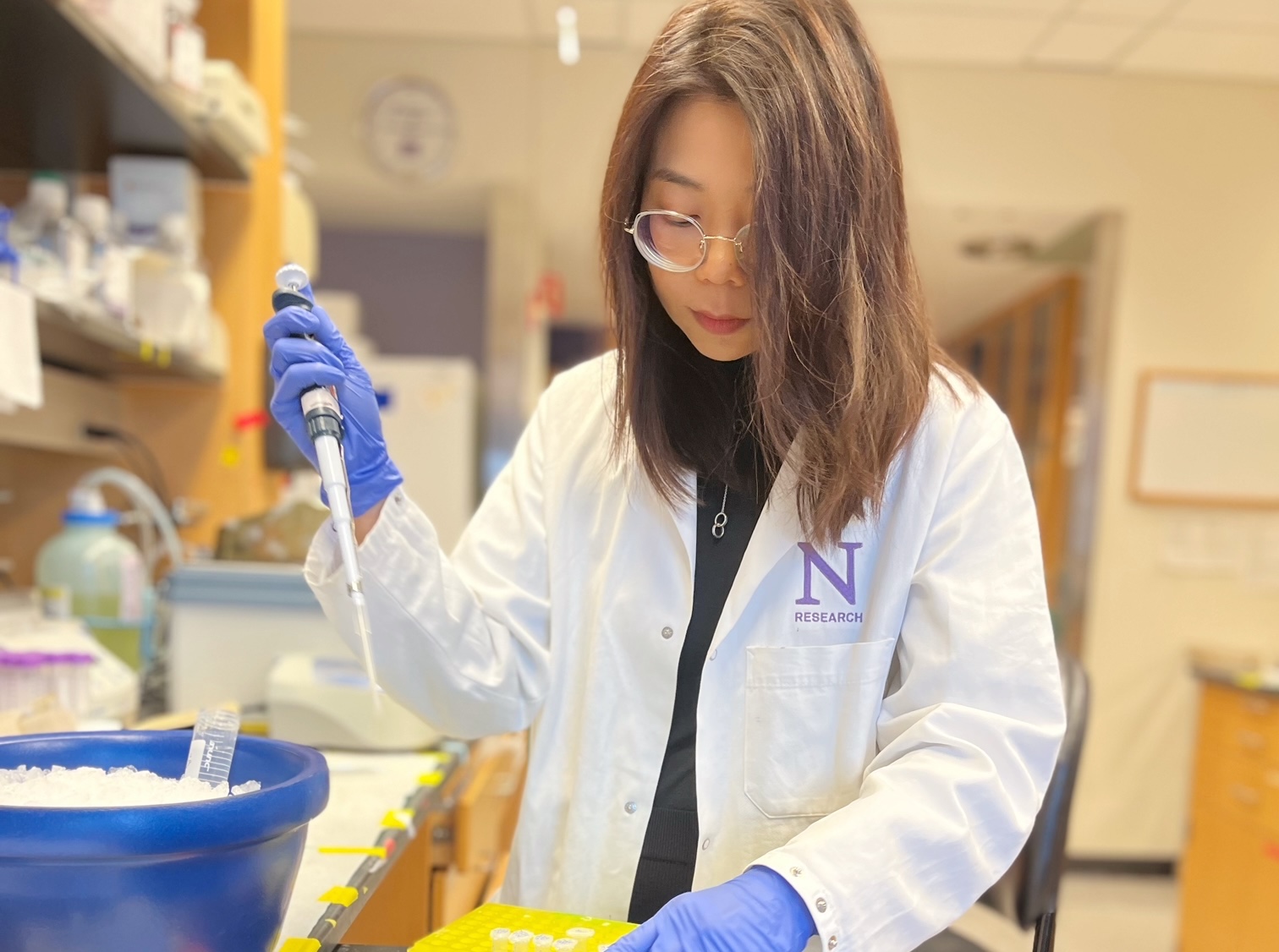(September 5, 2017) Researchers at the University of Pennsylvania recently uncovered a link between one’s resistance to common types of chemotherapy and one’s tumor BRCA1/2 mutation status. More specifically, they looked at both copies of the BRCA genes, one copy given by each parent. Until recently, it had been assumed that mutated BRCA gene left the non-mutated gene defunct, which is a process called loss of heterozygosity, or LOH positive. However, in the largest study of breast and ovarian tumors to date, researchers realized that many of the patients were LOH negative, meaning they had one functioning BRCA gene and one mutant gene.
During the study, the LOH negative ovarian cancer patients that were treated with platinum chemotherapy had worse overall survival rates when compared to the ovarian cancer patients who were LOH positive. Researchers believe that, because LOH negative patients still have a copy of the functioning BRCA cells, their tumors could repair damage done by chemotherapy. LOH positive patients, on the other hand, do not have those DNA repair cells and therefore chemotherapy is able to kill those cells.
The team believes this is a great step forward in adapting therapies to individual needs based on their genetic makeup. The study’s first author Kara Maxwell, MD, PhD, says “Identifying the LOH status of BRCA1/2 carriers may be useful to predict who might be as risk for primary resistance to DNA damaging agents such as platinum.”


